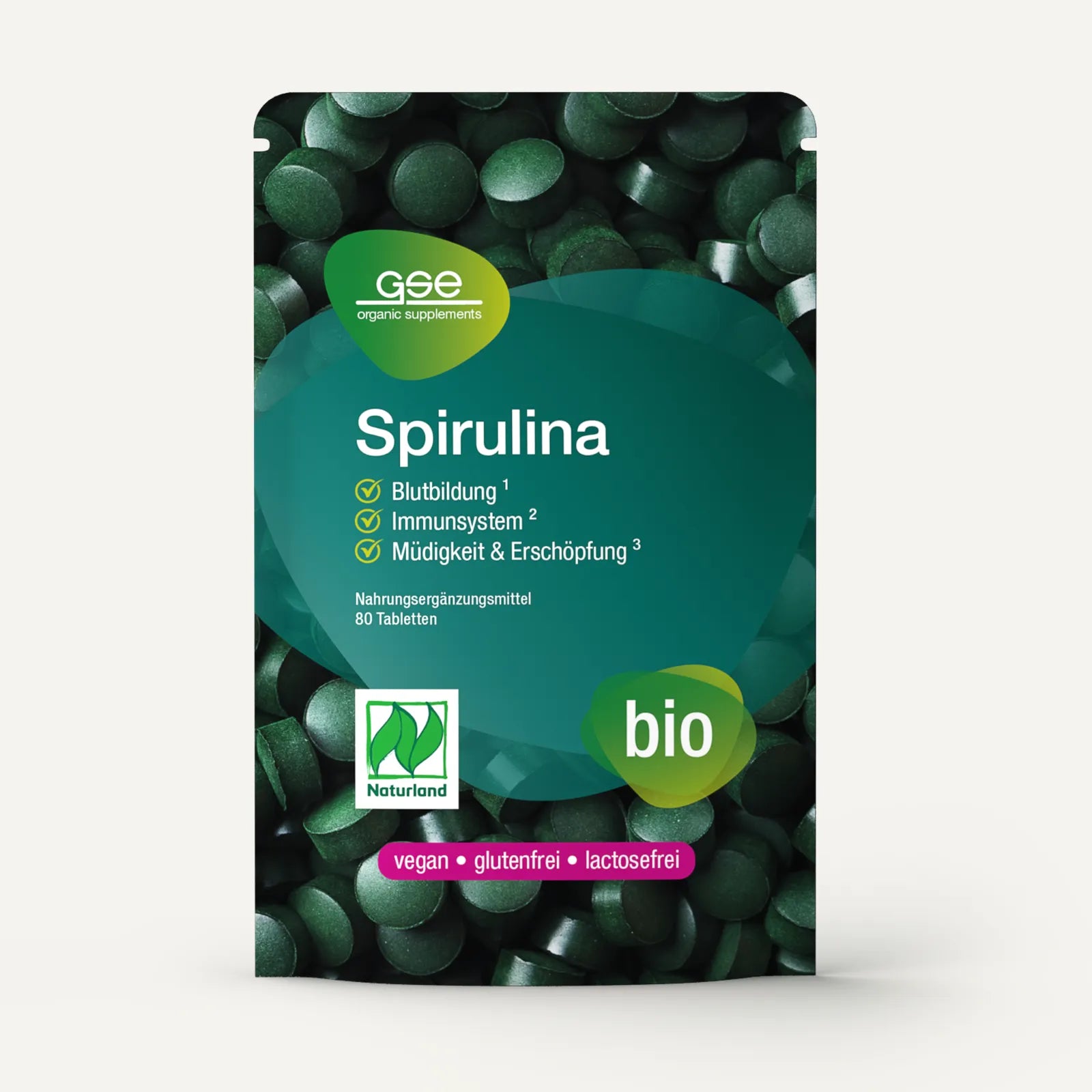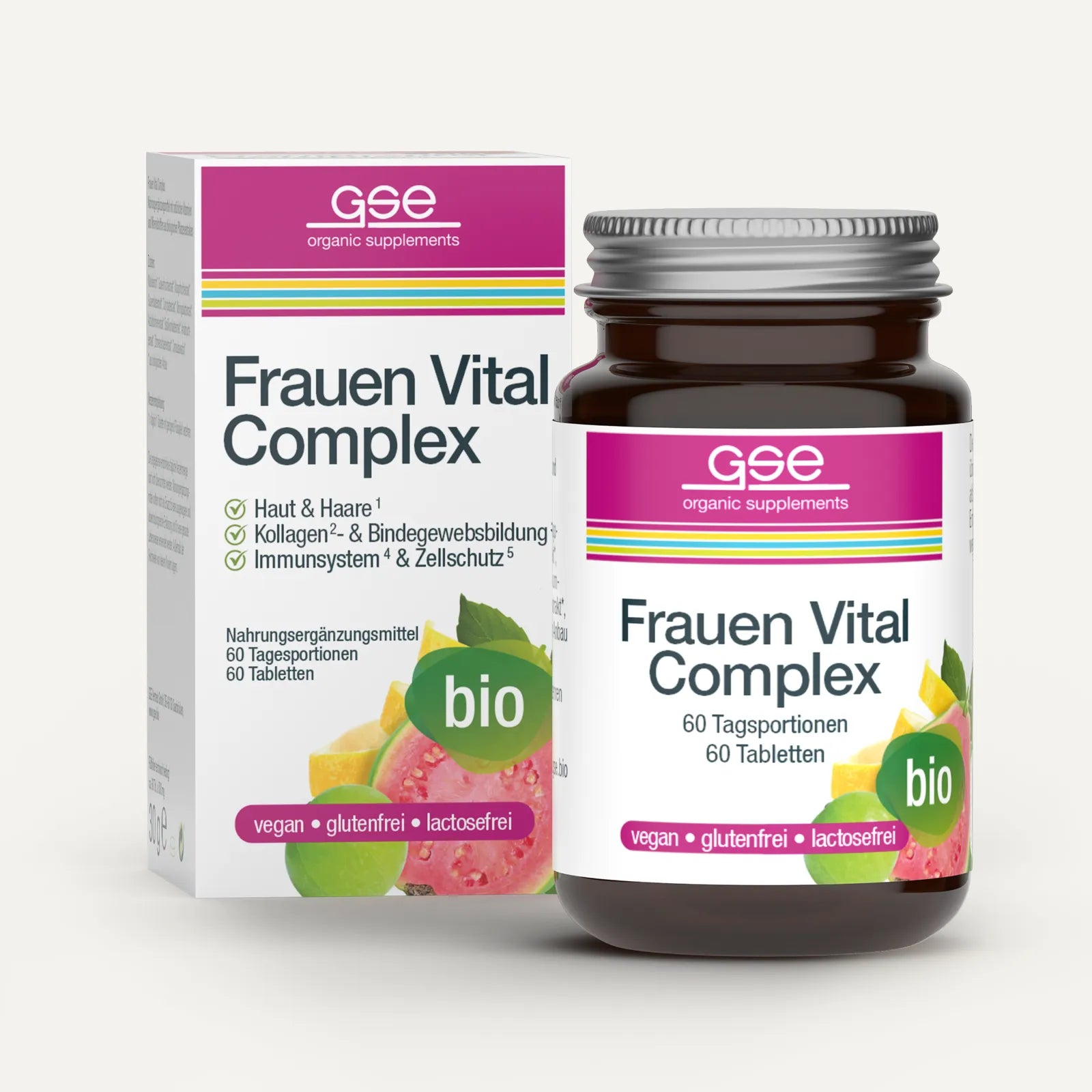Iron
A vital trace element
Iron performs many important key functions in our organism - it is responsible for both oxygen transport and energy metabolism. In the human body, iron is mainly found in the red blood cells, as a central component of the red blood pigment haemoglobin. There it has the task of binding oxygen to itself and supplying all body cells with oxygen via the blood.
As no oxygen can enter the cells without iron, the essential trace element iron has a vital function. In this context, essential means that the body cannot produce iron itself, but can only obtain it from food. It is therefore dependent on a sufficient supply of iron-rich foods.
Iron
- contributes to the normal formation of red blood cells and haemoglobin
- contributes to normal oxygen transport in the body
- contributes to normal energy metabolism
- contributes to the reduction of tiredness and fatigue
- contributes to normal cognitive function
- contributes to the normal function of the immune system
- has a function in cell division
A healthy, balanced diet normally provides the body with sufficient iron. Good sources of iron are oysters, fish and meat.
A lack of iron or hemoglobin automatically leads to a lack of oxygen in the body. For this reason, both physical and mental performance is often severely impaired in this situation. Typical symptoms of iron deficiency or anemia are therefore persistent tiredness and rapid exhaustion - especially during physical exertion. People on a vegetarian or vegan diet and women who are pregnant or breastfeeding should pay particular attention to their iron intake.
We carry the following products with iron































